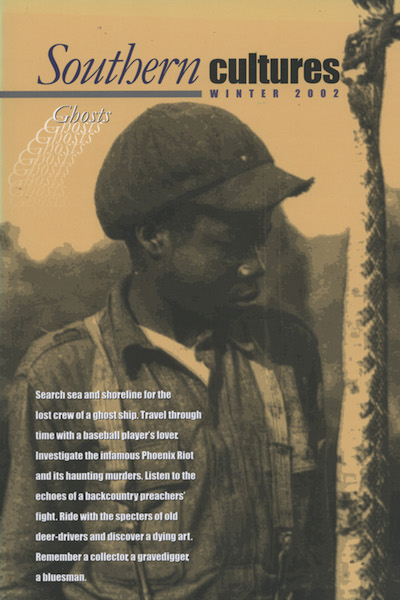The University of Alabama Press, 2000
Despite Twain’s warning—”Persons attempting to find a motive in this narrative will be prosecuted; persons attempting to find a moral in it will be banished; persons attempting to find a plot in it will be shot”—a war of words rages over Adventures of Huckleberry Finn. Widely taught as a Great Book, its motive, moral, and plot are painful sources of contention among black and white readers, resulting in not just a war of words but also a war about words: Can anyone rightly call a book great if it uses, virtually without irony, an offensive racial epithet 213 times? If Huck’s final evaluation of Jim is, “I knowed he was white inside”? If its model of black-white friendship consists of the doting and sacrifice of the one—”you’s de bes’ fren’ Jim’s ever had”—in response to the pranks, dishonesty, and “good fun” of the other?


